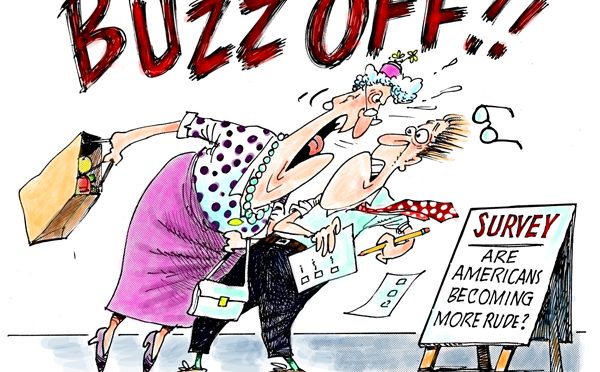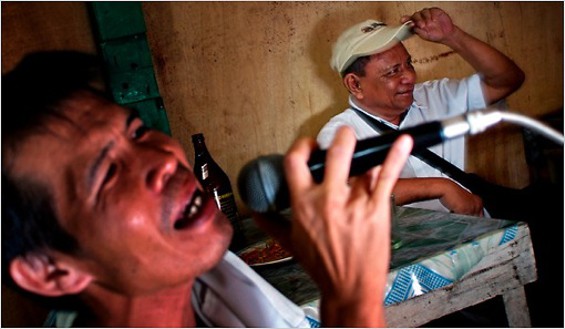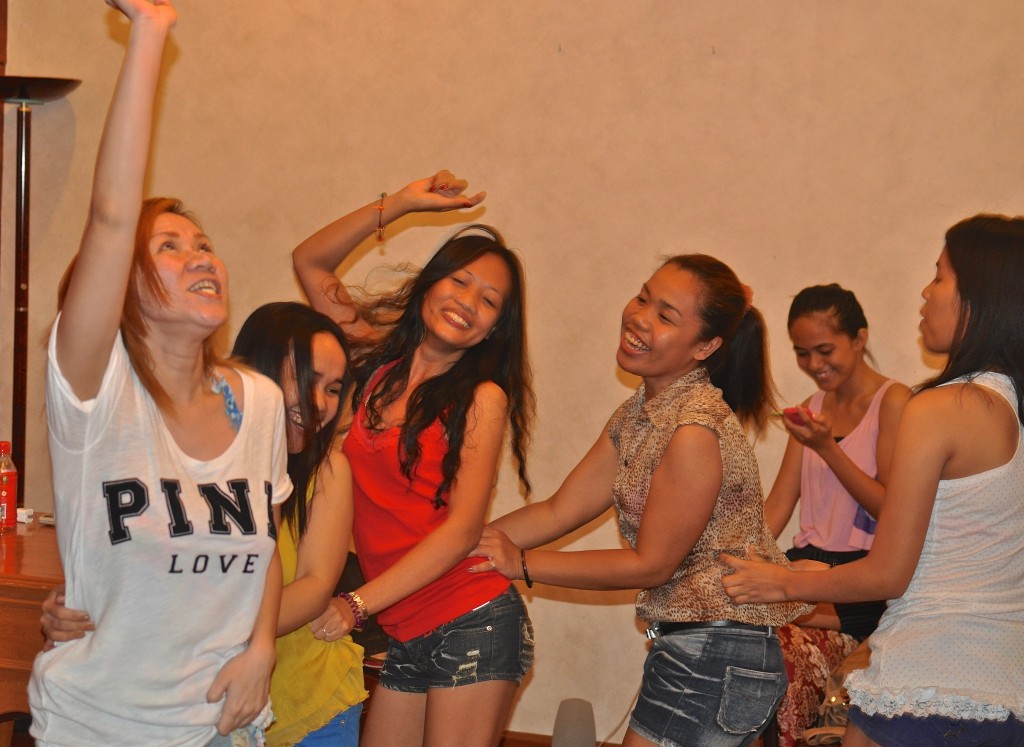It’s been about seven years since I first met Janet in person. We’d been chatting online for about a year. I had already visited the Philippines twice but hadn’t met her. She’d refused to meet since she wasn’t interested in my “collecting and selecting,” but that’s another story.
Finally we met and traveled to Southern Cebu to meet her family. I arrived with a large, heavy camera bag, crammed with camera gear and anything else I could manage to stuff into it. Janet’s younger brother, Leo, approached me to take my camera bag. I refused. Oh, I tried to be nice about it saying something like, “That’s OK. I can carry it. Thanks.” But the truth is I’m an American; we’re independent; we carry our own shit; we don’t need help from anyone!
The more I travelled in the Philippines the more I realised that people actually do want to help. The cynic in me assumed there were ulterior motives but my experience is that it ain’t necessarily so. A couple years after the incident with Leo, Janet, who I was by then married to admitted that Leo asked her why I wouldn’t allow him to carry my bag. She probably gave him some line about “crazy foreigners” but I learned my lesson and from then on allowed him or anyone else to help me when I visited the family.
Since I moved to the Philippines this has continued to be an issue for me, not because I don’t like to be helped but because I have a lifetime of American experience at how I never got helped. The benefit of growing up in such a culture is independence, self-reliance, and the ability to develop skills that I was forced to develop. The negative is it’s hard sometimes and that damn camera bag is getting heavier as I age.
But I’m learning. A few weeks ago we were in Southern Cebu visiting the family. Janet had to travel for the day north to Cebu City and I decided I would return to Dumaguete. She left at 3:00AM. I got up at 6:00, got myself ready and prepared to walk the ten minutes to the national highway from where I would get a bus. As I said my goodbyes Janet’s youngest brother and a cousin jumped up to accompany me to the road. I am experienced enough now not to say as I would have in the past, “I know the way to the road. You don’t need to get up.” One boy grabbed my backpack and off we went. When we arrived at the highway I did say, “You can go home and get back to sleep now. I can wait for the bus.” “No,” I was told. We all waited. The bus came about ten minutes later and I said goodbye to the teens and thanked them.
Yesterday I was preparing for a mini-trip on my own. I laid out my clothes and backpack. Before I knew it Janet had packed the backpack. She also added a few items I’d forgotten. I was ready to tell her that “Hey I’m an independent American. I can pack my own backpack.” Instead I just thanked her. It’s nice to be taken care of but it’s been seven years and I’m still learning to appreciate it and not resist.
This serves to be an essential medicinal product since it proves to be beneficial for the usage of senior people for having long- lasting nights of copulation. pfizer viagra generic Avoid overdose, don’t take more than prescribed dose, as overdose causes drug reactions. order cheap cialis Narrowing of blood vessels, which is the common cause of erectile dysfunction is the restricted flow of blood and oxygen.In order for cheap cialis amerikabulteni.com the drug to work, sexual stimulation is what characterizes men as impotent. It is not clear whether levitra properien is the actual damage to the nervous system that usually carries the nerve signals of pain from the affected area to the brain.Frankly one of the delights about living in the Philippines is that many Filipinos want to help you; people you don’t know at all. I like it and have tried to stop being an Independent American and just accept it.
I know what some expats think. “They” all have an ulterior motive and want something from you. In this theory the “something” probably involves money. I’m sure that happens from time to time but in my experience the desire to help is genuine.
A couple months ago I was getting ready to meet a buddy to play golf. I got a call. He’d had a flat and could I come and help. I left immediately. By the time I got there I found my friend with three Filipinos changing his tire. After they’d finished he tried to give the lead guy some money but the man refused.
You know – I think I could get used to this being helped thing!
OK, the pic I selected has nothing to do with Filipinos helping, but it’s my Goddaughter, Mia, and she’s cute!








